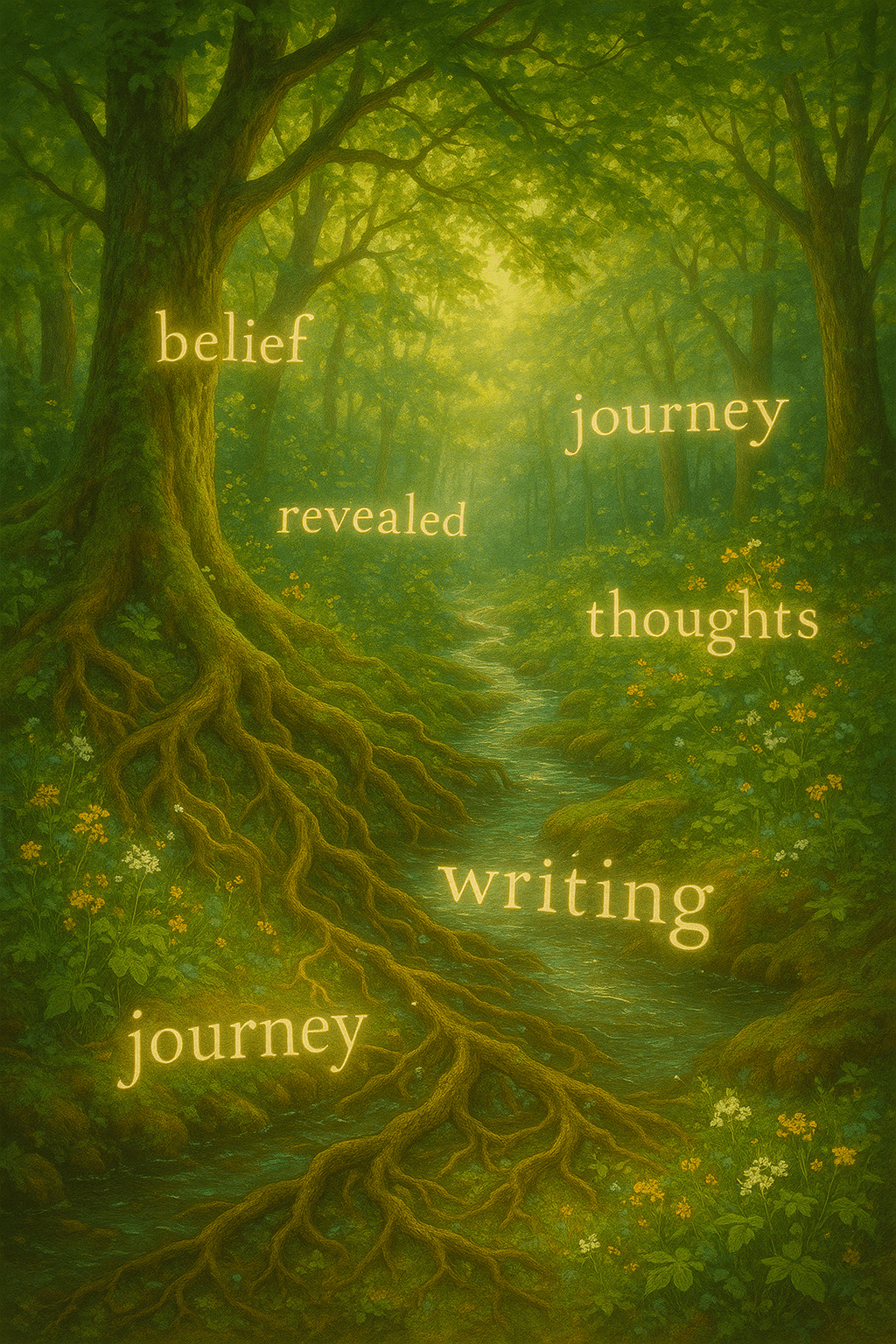Writing as a Pathway to Self-Discovery and Belief

The act of writing is the act of discovering what you believe. — David Hare
Unveiling Inner Thoughts Through Writing
David Hare’s observation points to a profound truth: writing is not merely the transcription of pre-formed ideas, but a dynamic process that often uncovers hidden beliefs. As soon as pen meets paper or fingers meet keyboard, ambiguities in our thinking become concrete, and vague inklings demand articulation. In this creative tension, writers often find that the act of composing sentences prompts them to clarify and sometimes even revise their own stances.
From Internal Dialogue to Written Clarity
Moving from thought to text, the internal dialogue is externalized, rendering what was once nebulous into something more defined. This echoes Joan Didion’s insight in ‘Why I Write’ (1976), where she describes writing as a way of discovering the shape of her own ideas. Only by wrestling with words and structure does the underlying meaning solidify, often surprising the writer with the new contours of their perspective.
Writing Across Disciplines: Personal and Philosophical
This process is evident in disciplines beyond creative writing. Philosophers such as Michel de Montaigne, in his Essays (1580), used writing as an ongoing inquiry into personal beliefs, shaping opinions as he wrote. Scientists, too, refine hypotheses through research notes, finding that initial assumptions may shift as arguments are committed to paper. Thus, across fields, writing functions as a mirror and a mold for belief.
The Evolution of Belief on the Page
Moreover, this journey from confusion to certainty rarely happens instantaneously. Draft by draft, writers may encounter resistance within themselves—contradictions and complexities that only surface under scrutiny. This iterative process encourages not just the creation of coherent arguments, but the evolution of belief itself. Many authors, such as Virginia Woolf in her diaries, recount how their understanding of the world changes through the rhythm of daily writing.
The Universal Invitation to Discover Through Writing
In sum, Hare’s quote offers all writers an invitation: approach the blank page not as an endpoint for fully-formed beliefs, but as an open territory for exploration. Through writing, anyone can transform uncertainty into insight, and uncertainty into conviction. By embracing the act of writing as the act of discovery, we unlock the power to know ourselves and articulate what truly matters most.